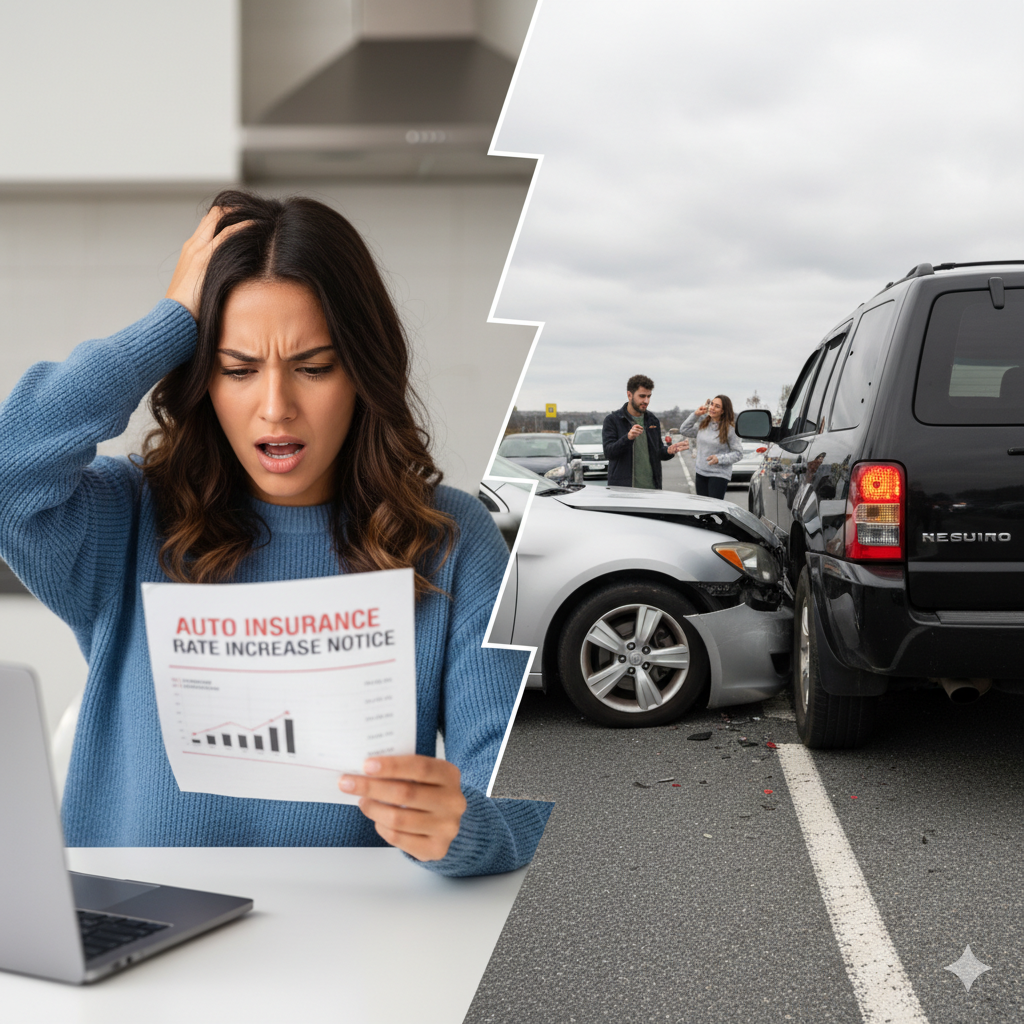5 cybersecurity trends 2023
Critical information that will help safeguard your business from cybersecurity attacks in 2023.
The unfortunate reality is that cybercrimes cost businesses and organizations billions in annual losses. Additionally, as companies choose to remain remote or hybrid post-pandemic, they’ve become more at risk of attacks from hackers.
While it’s still too early to know exactly what the next year will hold, here are 5 cybersecurity trends 2023:
1. Smarter phishing . The first quarter of 2022 saw a significant increase in phishing, and while phishing emails have been around for years, they’re now geo-targeted and more personalized. Phishing through social media and other messaging platforms is also a growing cybersecurity trend.
2. Increased attacks on healthcare, higher education, and the financial services sectors. During the pandemic, healthcare organizations relaxed their firewall rules to make it easier for staff to work from home; the same happened in higher ed as colleges and universities pivoted to remote learning models. At the same time, digital transactions skyrocketed , sending attacks on financial institutions soaring 238%. That said, moving into 2023, there’s hardly a sector unaffected by the direct or residual effects of increased cyber attacks during COVID-19.
3. Fortified cloud security . Predictive security measures can identify cyber threats before they begin. That said, businesses are implementing predictive security clouds, with the market gaining a 261% ROI over three years. Others are leveraging multi-factor authentication to reinforce security—especially in the technology , software, education, and business sectors.
4. Mobile devices are prime targets for attacks . Global smartphone ownership increased from 49% in 2016 to 83% in 2022. Unsurprisingly, mobile devices are a top target for cybercriminals. In fact, 70% of fraudulent transactions began on a mobile device. Common mobile attacks included malware, data tampering, and data loss.
5. New legislative and regulatory measures . In 2022, at least 40 states and Puerto Rico introduced 250 bills or resolutions dealing with cybersecurity. Moving into 2023, business leaders and organizations must monitor legislation impacting their operations.
Although these 5 cybersecurity trends 2023 are alarming, you can take steps to safeguard your business now and into next year. Two of the best things you can do is train your team on the latest tactics to identify threats early and reassess your cybersecurity insurance policy to ensure it’s up to date and accurate given today’s risks.
The post 5 cybersecurity trends 2023 appeared first on Select Source Insurance Group.




